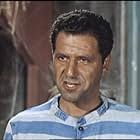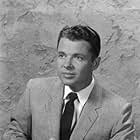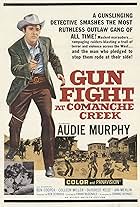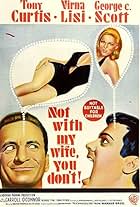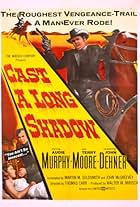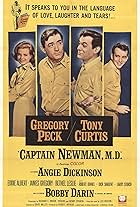The only claim to fame of "War is Hell" is that it was one of the movies that was playing at the Texas Theatre where Lee Harvey Oswald was arrested minutes after allegedly killing Officer Tippit.
The villain is a sergeant who is thirsty for decorations. He receives a radio message which advises him that the cease fire is now in effect. The sergeant does not tell the other members of the platoon. He wants the war to continue so that he can win medals.
The sergeant volunteers to inspect a farmhouse and is surprised by several North Korean soldiers who offer him a drink. After all, the war is over. He guns down all of the enemy.
While the platoon is loitering outside the house, a bespectacled private (named Gress?) steps on a mine. There is a smoking blackened crater where Gress' legs were. In a harrowing scene, the sergeant attempts to probe through the minefield to rescue Gress. However Gress' thrashing sets off another mine which kills him instantly.
At some point the lieutenant (an older veteran who has risen through the ranks) discovers the deception, so the sergeant kills him. Another sergeant suspects something is fishy about the lieutenant's death and writes a note detailing his suspicions "To whom it may concern: In the event of my death..."
Some time later, the remnants of the platoon, including the scheming sergeant, are killed in a gunbattle with enemy who apparently don't know that the war is over either. The sergeant who wrote the note and a young Korean girl the platoon picked up earlier are the only survivors. As he lays dying, the villain boasts of all the medals he's going to receive.




